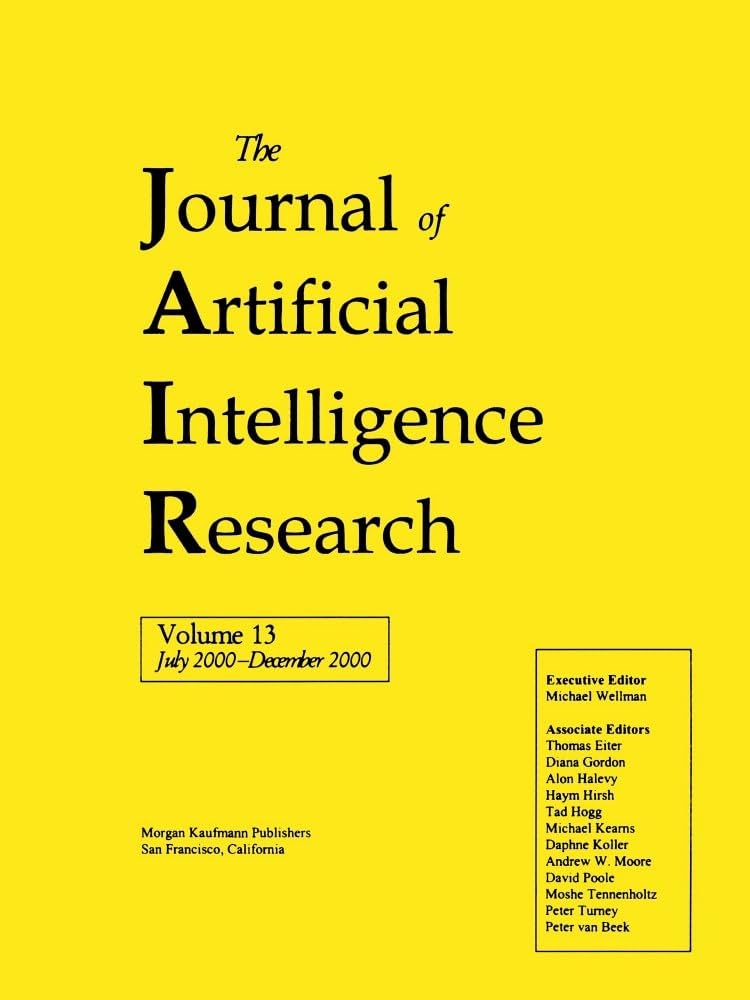Decentralized Gradient-Quantization Based Matrix Factorization for Fast Privacy-Preserving Point-of-Interest Recommendation
IF 4
3区 计算机科学
Q2 COMPUTER SCIENCE, ARTIFICIAL INTELLIGENCE
引用次数: 0
Abstract
With the rapidly growing of location-based social networks, point-of-interest (POI) recommendation has been attracting tremendous attentions. Previous works for POI recommendation usually use matrix factorization (MF)-based methods, which achieve promising performance. However, existing MF-based methods suffer from two critical limitations: (1) Privacy issues: all users’ sensitive data are collected to the centralized server which may leak on either the server side or during transmission. (2) Poor resource utilization and training efficiency: training on centralized server with potentially huge low-rank matrices is computational inefficient. In this paper, we propose a novel decentralized gradient-quantization based matrix factorization (DGMF) framework to address the above limitations in POI recommendation. Compared with the centralized MF methods which store all sensitive data and low-rank matrices during model training, DGMF treats each user’s device (e.g., phone) as an independent learner and keeps the sensitive data on each user’s end. Furthermore, a privacy-preserving and communication-efficient mechanism with gradient-quantization technique is presented to train the proposed model, which aims to handle the privacy problem and reduces the communication cost in the decentralized setting. Theoretical guarantees of the proposed algorithm and experimental studies on real-world datasets demonstrate the effectiveness of the proposed algorithm.基于分散梯度量化的快速隐私保护兴趣点推荐矩阵分解
随着基于位置的社交网络的快速发展,兴趣点(POI)推荐受到了极大的关注。以往的POI推荐工作通常使用基于矩阵分解(MF)的方法,取得了很好的效果。然而,现有的基于mf的方法存在两个关键的局限性:(1)隐私问题:所有用户的敏感数据都被收集到集中的服务器上,这些数据可能在服务器端或在传输过程中泄露。(2)资源利用率和训练效率差:在集中式服务器上进行训练,可能存在巨大的低秩矩阵,计算效率低下。在本文中,我们提出了一种新的基于分散梯度量化的矩阵分解(DGMF)框架来解决POI推荐中的上述限制。与集中式MF方法在模型训练过程中存储所有敏感数据和低秩矩阵相比,DGMF方法将每个用户的设备(如手机)作为独立的学习者,并将敏感数据保存在每个用户的终端上。在此基础上,提出了一种基于梯度量化技术的隐私保护和通信高效机制来训练所提出的模型,以解决分散环境下的隐私问题和降低通信成本。该算法的理论保证和在真实数据集上的实验研究证明了该算法的有效性。
本文章由计算机程序翻译,如有差异,请以英文原文为准。
求助全文
约1分钟内获得全文
求助全文
来源期刊

Journal of Artificial Intelligence Research
工程技术-计算机:人工智能
CiteScore
9.60
自引率
4.00%
发文量
98
审稿时长
4 months
期刊介绍:
JAIR(ISSN 1076 - 9757) covers all areas of artificial intelligence (AI), publishing refereed research articles, survey articles, and technical notes. Established in 1993 as one of the first electronic scientific journals, JAIR is indexed by INSPEC, Science Citation Index, and MathSciNet. JAIR reviews papers within approximately three months of submission and publishes accepted articles on the internet immediately upon receiving the final versions. JAIR articles are published for free distribution on the internet by the AI Access Foundation, and for purchase in bound volumes by AAAI Press.
 求助内容:
求助内容: 应助结果提醒方式:
应助结果提醒方式:


